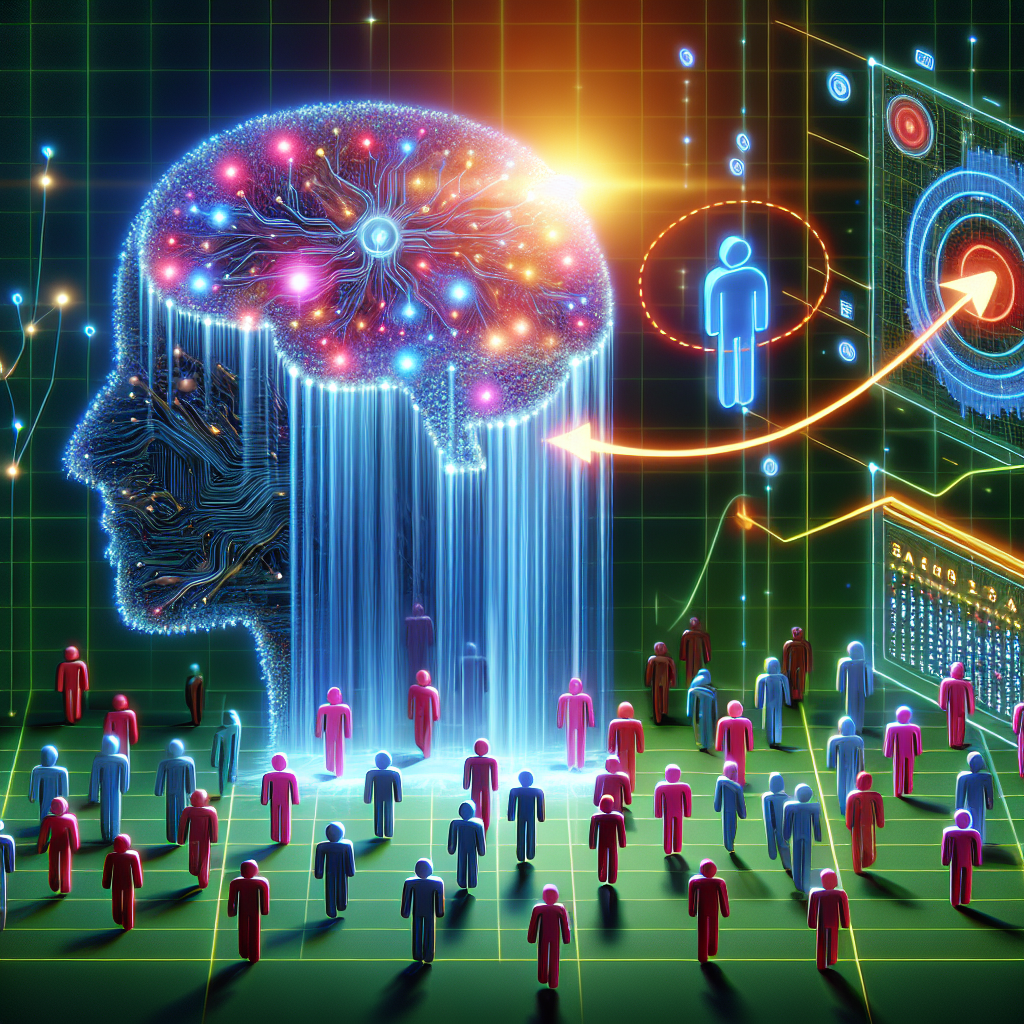How to Use Cutting-Edge AI Marketing to Generate High-Quality Leads and Elevate Your Business to the Next Level


Artificial Intelligence (AI) in marketing isn't merely a futuristic concept; it’s a present-day necessity. The ability of AI to analyze vast datasets, identify patterns, and make data-driven decisions offers unmatched accuracy and efficiency in various marketing tasks. More importantly, AI provides key trend details often overlooked by human analysis. The implications are massive for professionals seeking local insights to tailor their strategies effectively.
One of the core strengths of AI marketing tools is their capacity to decipher search volume and trending keywords, ensuring your campaigns are relevant and timely. Imagine being able to accurately predict which services or products will be in high demand over the next 7 days, giving you a competitive edge. This invaluable foresight ensures you’re always one step ahead, refining your marketing efforts to capture attention precisely when interest peaks.
Many users are concerned about privacy and the way their data is used. AI can enhance your data protection strategies, building trust and transparency with your audience. Advanced AI tools can automate feedback collection, ensuring your marketing strategies are continuously refined based on real-time insights. This closed-loop system supports ongoing improvement and helps maintain strong customer relationships.
For example, AI-driven chatbots can handle common user questions such as how to, what is, who is, what does, how much, how long, and when is, offering precise, personalized responses that elevate the customer experience. This level of interaction can significantly boost conversion rates.
If I were to pair with AI, I might try this prompt:
Create a personalized email campaign for a new fitness product launch targeting health enthusiasts aged 20-35, analyzing current fitness trends over the last 7 days in major metropolitan areas.
This prompt ensures that the marketing campaign is not only timely but also highly targeted, aligning perfectly with current trends and user interests.
AI’s predictive analytics can give marketers a heads-up on emerging trends. For instance, in the niche of AI candy fun, AI can analyze and predict which playful and engaging AI applications will capture user interest next. This allows businesses to innovate ahead of the curve, incorporating these insights into their product development and marketing strategies.
AI can automate the process of lead scoring by assessing the likelihood of conversion based on user behavior and historical data. This streamlines the funnel, ensuring that your sales team focuses on the most promising leads. AI eliminates the guesswork, providing a clear, data-driven path to success.
AI’s ability to analyze complex datasets means it can identify distinct customer segments more efficiently than traditional methods. Understanding these segments allows businesses to tailor their messages, offers, and channels more effectively. Precise segmentation results in higher engagement and conversion rates.
AI’s continuous learning and adaptation capabilities mean that your marketing spend can be optimized like never before. By constantly analyzing performance data, AI tools adjust campaigns in real-time, ensuring every dollar is spent where it’s most effective. This not only enhances ROI but also maximizes impact.